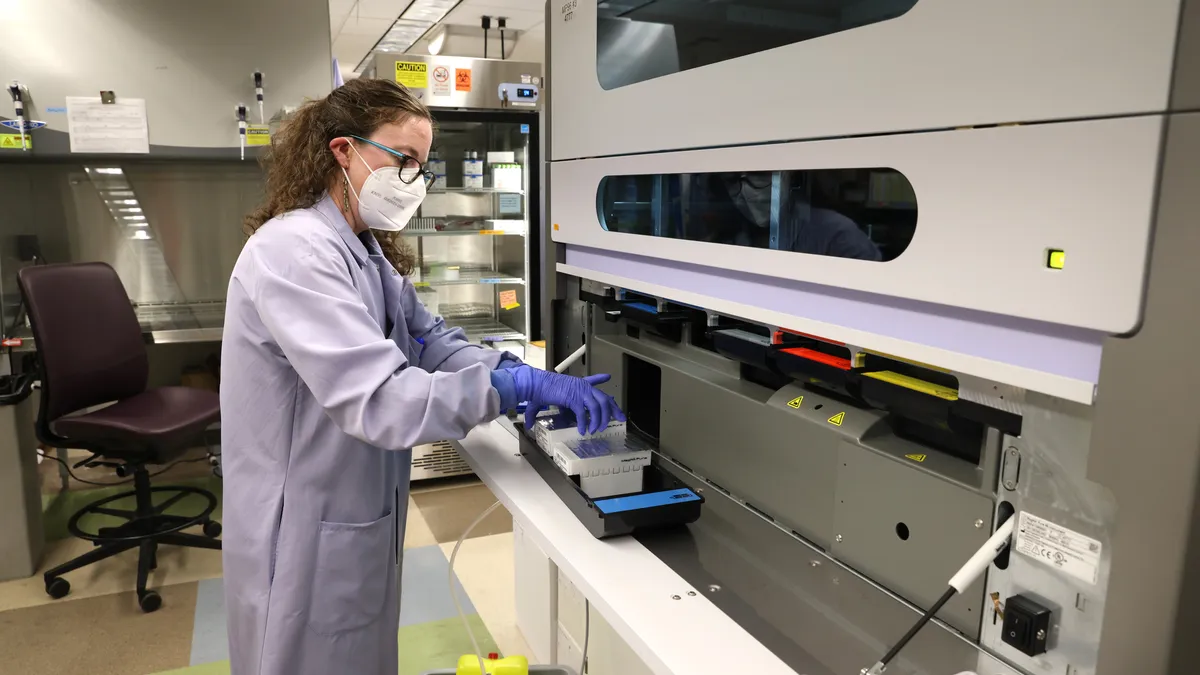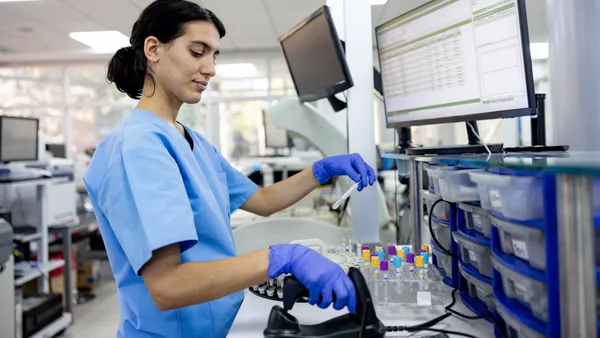A Texas federal court on Monday struck down the Food and Drug Administration’s new rule regulating laboratory developed tests as medical devices in a victory for the clinical lab industry.
Judge Sean Jordan, for the U.S. District Court for the Eastern District of Texas, vacated the FDA’s final rule in its entirety. The court remanded the matter to newly confirmed Health and Human Services Secretary Robert F. Kennedy Jr.
The FDA’s final rule was vehemently opposed by the laboratory industry, which argued it would slow development of critical diagnostics and force labs to scale back the number of tests they could perform, decreasing patient access to care. Trade groups have argued that LDTs are already successfully regulated under the Centers for Medicare and Medicaid Services’ Clinical Laboratory Improvement Amendments statutory framework.
The American Clinical Laboratory Association, which brought the case against the FDA, said the rule and its associated compliance deadlines are no longer in effect as a result of the court’s decision.
“This is a victory that protects patient access to critically needed testing services and removes burdensome regulations that would have undermined the clinical laboratory system in this country,” ACLA President Susan Van Meter said in a statement Monday.
The first stage of the new FDA rule was set to take effect May 6, requiring compliance with medical device reporting, correction and removal, and maintenance of complaint files. The rule would then phase in over the next four years.
FDA’s “creative attempt” to expand its jurisdiction under the Federal Food, Drug, and Cosmetic Act of 1938 failed for two reasons, Jordan held in his opinion: The move to regulate laboratory testing services as medical devices exceeded the authority granted to the agency in the FDCA, he wrote, and “only Congress can change the text.”
Second, FDA’s “overly broad reading” of the term “device” would extend its oversight to all surgical procedures and physical examinations that use devices, giving the term an “extraordinary, expansive meaning” rather than the ordinary definition required by Supreme Court precedent.
“The Court will not go down that road,” the judge added.
The Association for Molecular Pathology, which also sued the FDA, called the court’s ruling “clear and decisive.”
AMP President Jane Gibson said in a statement Monday night that the decision to vacate the FDA rule “will avoid adding billions of dollars to healthcare costs and protect access to high-quality care for hundreds of millions of Americans.”
The trade association maintained that the best way to ensure the continued development of accurate LDT procedures and the correct interpretation and use of molecular test results is by clarifying current CLIA regulations.
Zach Rothstein, executive director of AdvaMedDx, the AdvaMed division that oversees diagnostics, said the group was still reviewing the decision but noted that “maintaining two separate oversight regimes for tests used for the same clinical purposes is not good for public health, and it’s certainly not an efficient use of resources. This court decision is all the more reason for Congress to act.”
Congress for years failed to pass a bill known as the Verifying Accurate, Leading-edge IVCT Development (VALID) Act. The absence of legislation amending the FDCA to clarify the regulatory framework for LDTs opened the door for the FDA’s effort to expand its authority to ensure the safety and effectiveness of new diagnostic tests.
Ricky Zipp contributed reporting.










